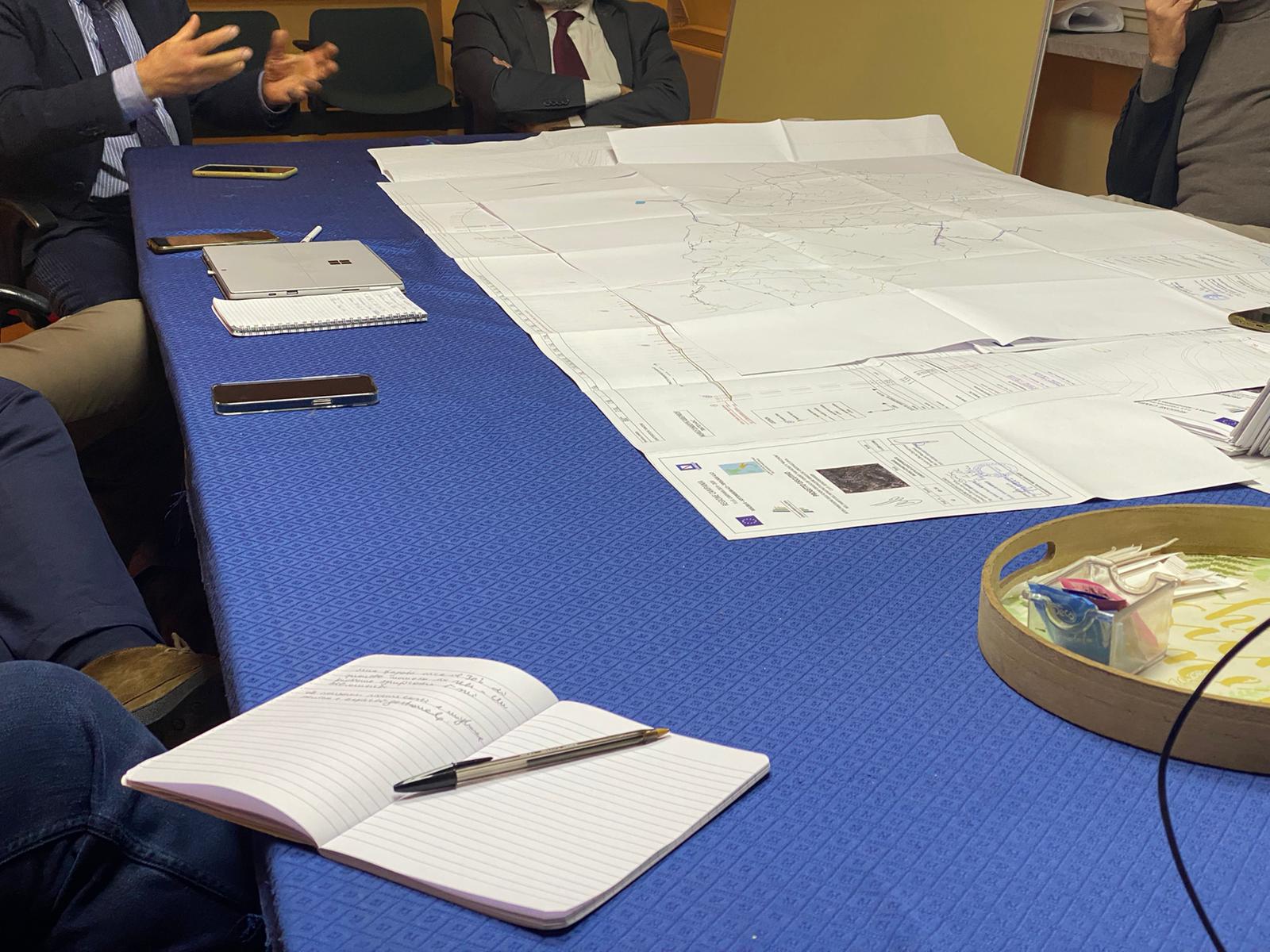
Equality and Resilience of Agroecosystems through Smart water Management and USe (ERASMUS)
RESEARCH PROJECTS OF RELEVANT NATIONAL INTEREST – 2022 Call for proposals
The ERASMUS project aims to support understanding and operationalizing the concept of resilience for irrigated agroecosystem, focusing on the role of water management in pressurized irrigation distribution systems. Irrigated agriculture is a key socio-economic sector in many countries (particularly in the Mediterranean area) and deeply impacting on the environment, as it is often associated to a high demand for natural resources (water, soil, energy). However, irrigated agroecosystems are increasingly threatened by multiple stresses, which include the rising demand for food, the lack of resources (as a consequence also of climate change) and their conflicting uses. Applying the concept of ecological resilience theory to irrigated agroecosystems, ERASMUS mainly aims to identify management practices and technological measures that may support irrigated agriculture in the face of a multiplicity environmental and anthropogenic stresses, ultimately suggesting sustainable development pathways.
Particular attention will be given to the rational use of natural resources (focusing on water) and to the role that can be played by the introduction of cutting-edge technologies and network modernization processes to increase the resilience, the long-term sustainability and the performance (in terms of distribution equality and efficiency) of pressurized irrigation systems. Such ambitious objective will be put into practice in two pilot sites located in Southern Italy (i.e. irrigation consortia located in Puglia and in Campania) where innovative modelling approaches will be implemented. Two Communities of Innovation will be developed and will support modelling activities throughout project duration.
Two main modelling approaches will be the backbone of the ERASMUS approach.

First, System Dynamics Modelling tools will be used to describe the complexity of irrigated agro-ecosystems, the main interdependencies among sectors (e.g. water, energy, land, food, climate) and to characterize the main dimensions of their resilience. The main objective is to effectively describe (using also innovative sets of indicators) system state and evolution as an effect of the different modernization strategies of networks along with different models/strategies for better managing water resources. Second, numerical modelling approaches will be used to test the potential of innovative devices, smart technologies and management criteria to improve the performance of irrigation networks, ultimately increasing the resilience of the system as a whole. Specific attention will be given to new technological solutions that may guarantee multiple joint benefits, ranging from a reduction of resources consumption (water, energy), while providing an increasing control and management of networks. The evidence from the pilot sites will be ultimately summarized in the form of best practices and guidelines to support replication and a wider uptake of the ERASMUS approach
Research Units
- Istituto di Ricerca Sulle Acque (viale Francesco de Blasio 5, Bari)
- Università degli Studi del Sannio, (Piazza Roma, 21, Benevento)
- Politecnico di Milano (Piazza Leonardo da Vinci 32, Milano)
Publications
- A. Pagano, G. Ferrarese, N. Fontana, I. Portoghese, U. Fratino, V. R. Coletta, N. Lamaddalena, S. Mambretti, S. Malavasi, 2024 “Analyzing the resilience of complex irrigation systems: the ERASMUS approach”, EGU 2024, Vienna, 14-19 April 2024.
- G. Ferrarese, A. Pagano, D. Troiani, A. Ceni, A. I. Hutomo, N. Fontana, G. Marini, S. Mambretti, S. Malavasi, “Rethinking On-demand irrigation Systems Using Iot Stand-Alone Technlologies”, WDSA-CCWI 2024, Ferrara 4-7 July.
Funding
This study received funding from the European Union – Next-GenerationEU – National Recovery and Resilience Plan (NRRP) – MISSION 4 COMPONENT C2, INVESTIMENT N. 1.1, CALL PRIN 2022 D.D. 104 02-02-2022 – (Project 2022WLW9X8, Equality and Resilience of Agroecosystems through Smart water Management and USe – ERASMUS) CUP N. B53D23006510006.
